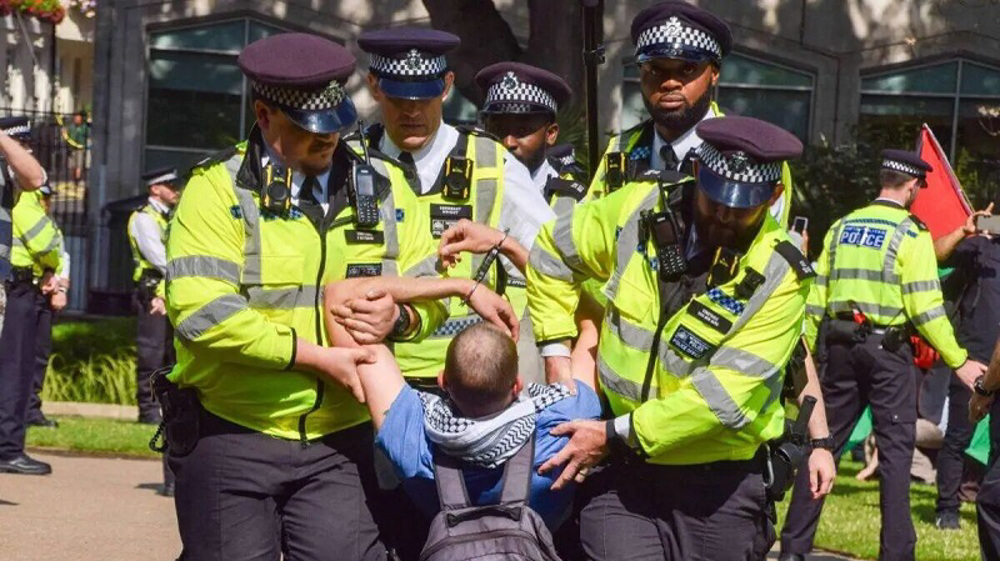Britain chose Brexit due to poor education: Study
A new study in the United Kingdom has found that Britons would have likely voted to remain in the European Union (EU) had they been better educated.
The survey published on Tuesday by academics at the University of Leicester showed that Britain would have chosen to remain in the bloc if just 3 percent more of the voting public had gone to university.
The researchers, who assessed the reasons why people voted to withdraw from the EU, found that whether someone had been to university or accessed higher education was the “predominant factor” in a person’s decision to vote Leave.
Other factors such as age and gender were also taken into account but the level of education was found to be far more important for a person’s choice in the Brexit vote.
“The EU referendum raised significant debate and speculation of the intention of the electorate and its motivations in voting. Much of this debate was informed by simple data analysis examining individual factors, in isolation, and using opinion polling data,” said Dr. Aihua Zhang, an academic from the University of Leicester’s Department of Mathematics.
“This, in the case of the EU referendum where multiple factors influence the decision simultaneously, failed to predict the eventual outcome. On June 23rd 2016, Britain’s vote to leave the EU came as a surprise to most observers, with a bigger voter turnout – 72.2 per cent – than that of any UK general election in the past decade,” she noted.
The study also found that if the voter turnout had been just 7 percent lower, Britain would have remained in the bloc.

The UK is currently due to leave the EU at the end of March 2019 after nearly 52 percent of Britons opted to leave the bloc during the EU referendum in June last year.
The United Kingdom formally triggered the Brexit process on March 29 and divorce negotiations officially began on June 19.
During their second round of talks held in July, the EU and UK Brexit teams failed to reach an agreement on 22 of the 44 issues under negotiation.
EU’s chief negotiator Michel Barnier said in the beginning of Brexit talks in Brussels, Belgium, last month that the negotiations were “very unlikely” to succeed if the two sides could not make better progress, noting that the two sides still had "fundamental" differences over Britain's exit bill and over the rights of EU citizens living in the UK.
Former UK ambassador released on bail after arrest in Epstein-linked probe
Hamas condemns Israel’s arson attack on mosque in West Bank, calls for mobilization
Trump's top general warns of Iran aggression risks: reports
VIDEO | US ambassador’s remarks on Israel’s expansion spark outrage
VIDEO | ‘Protect the Right to Protest’ rally held outside London court
VIDEO | Gaza bakery supports displaced families ahead of Ramadan Iftar
France blocks US ambassador from ministerial meetings after summons no-show
Around 20 nations condemn Israeli push toward West Bank annexation










 This makes it easy to access the Press TV website
This makes it easy to access the Press TV website